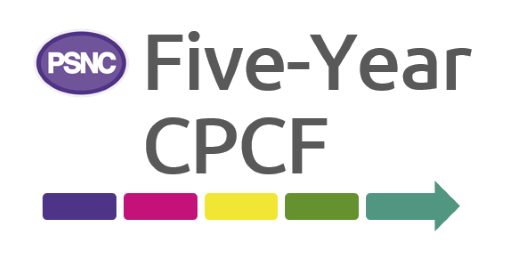Dispensing at a loss
Published on: 12th September 2014 | Updated on: 15th March 2022
There are a number of situations where the purchase cost after discount exceeds the reimbursement price after discount deduction. This can happen for brands, generics or for appliances.
National versus individual contractor impact
Under the national pharmacy contractual framework, pharmacies in England are guaranteed £800m of purchase profit income. This provides protection for contractors from changes in the market that impact adversely on pharmacy purchase profit, for example manufacturers changing their terms to remove or reduce discount.
The purchase profit income is measured by the margins survey, which uses the actual purchase prices paid by a sample of independent contractors.
Although there is protection to contractor income nationally, there will be an adverse impact on contractors who are asked to dispense an above average number of products available without discount which are not on the ‘List of Drugs for Which Discount is not Deducted.’
Branded medicines
When the current pharmacy contractual framework was introduced in April 2005, for the first time pharmacy contractors had a guarantee around the level of purchase profit that would be available. A number of manufacturers including GSK, Pfizer and AstraZeneca have taken advantage of this change, removing or reducing discount on certain lines to maximise their income. Overall pharmacy contractor income has been protected because of the guarantee – but as discussed, this can have an adverse impact on contractors who are asked to dispense an above average number of products available without discount which are not on the ‘List of Drugs for Which Discount is not Deducted.’
In September 2006, the Department of Health changed the ‘Zero Discount’ arrangements; introducing the new ‘List of Drugs for Which Discount is Not Deducted’. Despite this, in a number of cases, manufacturers and/or wholesalers have continued to change their discount terms to remove or reduce discount from certain products. Detailed information on the current discount deduction arrangements can be found here.
In 2007, the OFT launched a market study into the distribution of medicines in the UK. The market study looked at new and proposed medicine distribution arrangements including consideration of the impact on the sector of Pfizer’s exclusive DTP scheme using only Alliance Healthcare, and the likely impact of other manufacturers introducing DTP schemes and/or reducing the number of distributors they use.
The OFT found that there is a significant risk that such arrangements will result in higher costs to the NHS potentially running into hundreds of millions of pounds. The OFT Report on Medicines Distribution can be accessed online here.
During the OFT’s survey, Community Pharmacy England representatives met with OFT officials a number of times to brief them on the concerns of contractors. Community Pharmacy England has also raised this with the Department of Health and Social Care (DHSC). Copies of Community Pharmacy England’s response to the DHSC consultation on a statutory scheme to control the price of medicines can be found in the consultation responses section of our site.
Generic medicines
On generics, there have been a number of cases in recent years where contractors have earned a pre-discount deduction loss on the purchase of a product. This is usually driven by Category M, where there is a time lag between price setting and current spot-market conditions. Category M is based on actual data from generic manufacturers. This is provided quarterly, for example data for October to December will be supplied to the Department of Health and Social Care (DHSC) by February and used to set prices for April to June. A lot can happen in that time. Changes made by manufacturers’ mid-quarter will take even longer to have their full effect. This is one of a number of issues about the workings of Category M, which we are working with DHSC to try and resolve.
There are also situations where dispensing at a loss can occur in times of shortages of a medicine. Detailed information on price concessions can be found in the supply issues section of the website. The DHSC will only grant the concession where there is a recognised shortage. Where shortages are reported by contractors, our Dispensing and Supply Team respond quickly and strongly to collect evidence of the problem and put forward arguments to the DHSC that the concession should be granted.
Appliances
Appliances are not eligible for entry to the ‘List of Drugs for Which Discount is not Deducted’. Community Pharmacy England has put forward the case to the DHSC that appliances should be exempt from discount deduction.
An argument we continue to use when discussing this with the DHSC is that as an NHS pharmacy contractor is not contractually obliged to supply appliances that would not normally be supplied in the course of his business. If a pharmacy contractor is faced with making a financial loss on dispensing an appliance, he may choose not to supply the product, limiting patient access and undermining patient care.











